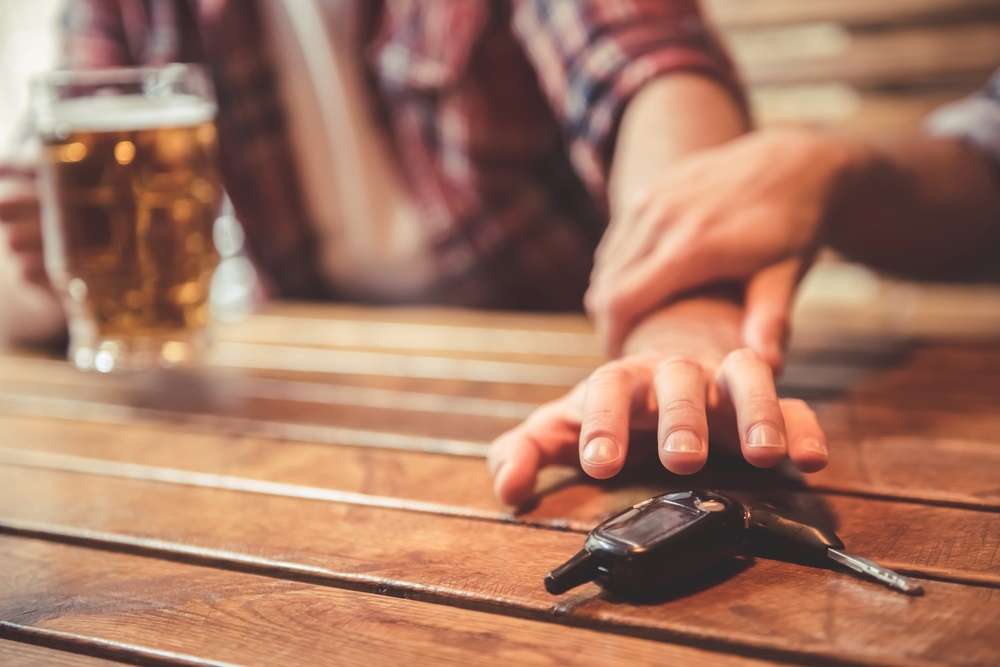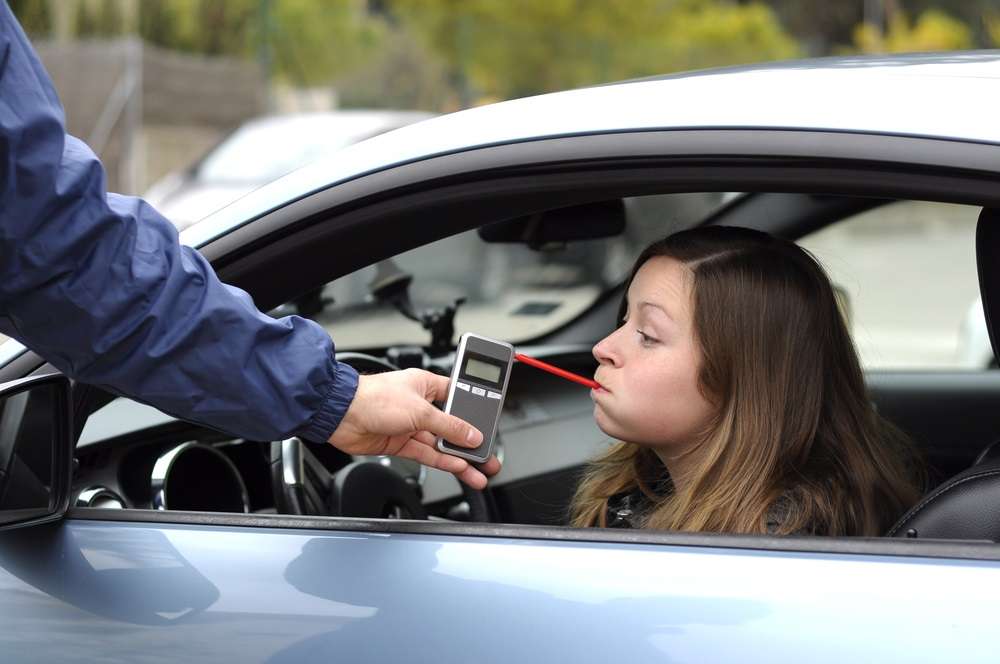
Teens Drunk Driving: Underage DUI Consequences and Penalties
What is Underage DUI?
Underage Driving Under Influence (DUI) occurs when an underage motorist drives a vehicle while still under the influence of drugs or alcohol. As the name implies, the offender must be a minor, or below the age of 21, and a blood alcohol level (BAC) of 0.08 or more.
Penalties for teenage DUI are less severe than the adult version of the law because they involve minors. However, they are still quite stringent. To further discourage underage DUI, Zero Tolerance laws have been enacted.
When convicted of underage DUI, the arrest records remain on your record permanently and may have a significant impact on your future. That is why it is crucial to immediately give an underage DUI lawyer a call to fight these charges.
Underage DUI Laws and Penalties in Illinois
Underage DUI Laws
Illinois State Law prohibits all motorists influenced by a physically impairing substance from driving a vehicle. Any form of non-medical drugs is unacceptable. Unless with a proper prescription, medical marijuana and other controlled substances are also restricted. For alcohol, the general allowable BAC must not be or over 0.08. While for commercial drivers, the BAC is lowered to 0.04. But, for minors, they must have little to none in their circulatory system, or a BAC of 0.0. There are exceptions to this rule, given there are a valid reason and proof.
In the State of Illinois, DUI laws have Implied Consent. Such that upon having a driver’s license, a person is now under these laws’ authority. The State assumes that they have agreed to cooperate on any form of intoxication test needed.

Underage DUI Penalties
Underage DUI penalties vary from State to State and with how grave a given case is. In general, they are not as heavy-handed as standard DUI committed by a person over 21. But, it still does not prevent a person from being labeled as a criminal. In almost all cases, judgment will lead to the suspension of a driver’s license. The typical penalties for most states are but not limited to:
- The suspension of driver’s license for a month to one or more years, or until the penalized reaches the age 21
- Impoundment of the motor vehicle
- Jail time of one day to several years
- Community service during or after jail time
- Attendance of educational classes about substance abuse
- A fine ranging from hundreds to thousands of dollars
- Probation
- The installation of an ignition interlock to the defendant’s vehicle
- Juvenile detention
The form of discipline is increased depending on the circumstances. Examples of this are driving while intoxicated, driving with a suspended driver’s license, or having many DUI offenses. Also, if the accident damages are fatal or destructive, it can lead to more charges. An underage defendant can have a case going beyond the DUI law and charged with a felony.
Underage Driving & Zero Tolerance Law
What is Zero Tolerance Law?
The Zero Tolerance law is the law that makes under 21 drinking and driving illegal. Again, this law prohibits any motorist below the age of 21 from driving when having consumed alcohol. The State decides how strict it is.
The law implements outlined pre-defined consequences. For every violation, there is a corresponding reaction from the law. Though it isn’t as severe as a standard DUI, it always carries out the punishments without exceptions. Regardless of an individual’s blameworthiness, circumstances, or previous history regarding the matter.
What is the Penalty for Violating the Zero Tolerance Law?
Working side-by-side with the law is its policies. It follows a rigid outline of penalties if there is an offense. These policies are called mandatory minimum sentences. They are administered in the workplace and, for most minors, in the schooling system.
If a minor has violated the Zero Tolerance law, they will be disciplined by school policies without exception. These can be simple warnings, community service, or even exclusionary punishments. These can be school suspension or expulsion.
DUI Under 21 Consequences
The purpose of the Zero Tolerance Law is to not only protect the lives of other people if a minor is driving under the influence of alcohol. It protects these young adults from their misbehavior.
An accident can lead to permanent damages to a person’s life. So, punishment for teenage drinking and driving can have long-lasting consequences. It may forever affect their future. Finding work, admittance to a college, or granting insurance to operate another motor vehicle is more complicated.
College Applications and Discipline – If a teenager violates the zero-tolerance law, it will be more difficult for them to get into college. Sometimes a scholarship is of the question. If they are already enrolled in an educational institute, getting a DUI under 21 can lead to expulsion or punishment. If done within school grounds, the correction is much worse. This offense will forever be in the record. Though it will not prevent you from getting into university, it may disqualify you from entering esteemed institutes.
Financial Aid – The State distributes monetary aid and other benefits to college students. Each State has its list of requirements to assist students. Whether the State considers DUI a crime or a simple offense determines whether you are qualified to receive it.
Code of Conduct – Some institutes, whether educational or professional, uphold a specific code of conduct. Criminal activity, such as DUI, violates these moral standards. For example, in academic establishments, it may lead to simple warnings or permanent relegation. For professional institutes, a violation done pre-licensing may limit career opportunities. If done after being an institutional member, it can lead to the suspension of their license.
Career Limitations – When applying for employment, an employer may conduct a background check and find the charges of DUI. Obtaining a job will not be guaranteed. Also, a long-term lack of a driver’s license limits your career options. This is true if the company is involved in transportation or needs a person who can drive a motor vehicle.
What Happens If You Get a DUI Under 21
In summary, if you are charged with DUI while being under 21, you will face punishment that is both criminal and administrative. You will experience both immediate consequences and life-time discrimination. Depending on the situation, the State may charge you with a misdemeanor or a felony offense. But, both will always lead to you to relinquish your license, paying a fine, or spending time in jail.
How to Get Out of Underage DUI
Having a good lawyer is the best option you can have in facing an underage DUI charge. Your attorney can discuss with you the best course of action and prevent you from being convicted. If not, they will at least cut the damage made. If you have any questions about your education, financial aid, or your career will be affected, your attorney can address any of your concerns.
Getting Help for Underage DUI
Underage DUI is a charge that affects the immediate circumstances and future reputation of a minor. The legal and civil consequences can be as damaging to them as to their families. Teenagers convicted of this offense may never be able to gain a driver’s license and find the employment that they are working so hard to achieve.
If you or someone you love is charged with underage DUI, you need a qualified attorney who can best defend your case. Get in touch with our DUI attorneys immediately.
